Call for Curriculum Reform: Metacognition is Needed!
What is this metacognition skill trend I have been reading about and why do learners and adults alike desperately need it? We all know the general definition of metacognition—”thinking about our thinking.” But the definition provided by David Handel in his guest post on The Learning Scientists entitled, The Power of Metacognition in Everyday Life shows us that metacognition is much, much more.
“While it’s often defined simply as thinking about thinking, metacognition is actually more profound. It’s the act of thinking about your thinking and applying that “supervisory thinking” to regulate your cognition and manage future behavior so that you can achieve whatever goals that are relevant to the current target of your focus. So, it’s actually the self-regulation component that is the key to why it is so powerful. Metacognition enables you to quality-control your thinking and reasoning and then redirect your cognition and behavior to improve your chances of successfully achieving your goals.”
How do we reach EVERY learner and teach them the skills of metacognition? That is the true question that educators want to answer. I have worked with students ages 3-21 throughout my career as an educator in both the public school P-12 sector as well as an adjunct professor at a private university in New Jersey. Throughout all of this profound and diverse experience as an educator throughout the spectrum, one thing was clear—students need to be explicitly taught metacognition. Such a strong emphasis has been placed on educators to teach content. But the process of teaching students how they learn, why it’s important to think about how they learn has been absent from most instruction.
As educators, we are so concerned about the content, and we have become skilled technicians at teaching the content, making changes, so editing our syllabi for new and inventive ways to give students the opportunity to “experience” or “apply” the content is a burden. We are leaving a major part ingredient of instruction of content to fend for itself, across the board…And we are missing the piece that connects our learners to the why…like why do we take notes, what is the best way to take notes, how do I learn best so that my learning is the most time-efficient, what are the best ways to help me be the most productive in my learning?
Our learners know this professor wants things done one way and another professor wants things done a different way, but then the third professor doesn’t give them a specific format to follow. Our learners don’t stop to think, what methods are working best for me and if I don’t have a format to follow, what can I do on my own to be most successful? It all comes down to metacognition.
I envision classrooms, even virtual ones, where metacognitive practices are posted/shared as visuals to remind students of what they have learned. Learners need to be held accountable for their learning, but only after we take the time to provide them with explicit instruction on what metacognition is and why it is so vital— not just to meet learning needs but to be successful in life.
I envision a course that every incoming college freshman takes on metacognition to set them up for success through the phases of their life, beyond the classroom. Is this part of the first-year seminar, a known high-impact practice that holds tremendous value for this cohort? Is it a co-curricular experience required of all freshmen as part of their orientation? Is it up to the departments to infuse metacognition within its core courses? Is it part of the general education curriculum? Whatever the choice of the institution, learning about metacognition has to be intentional. Our learners are not gleaning best practices or strategies for metacognition through our content instruction by osmosis; it must be explicitly modeled and taught so they can understand the “why” behind the metacognitive strategies. And faculty need to be engaged in professional learning to help them be models for their students and to employ opportunities for students to engage in explicit reflection and expression of metacognition in their assignments.
We assume learners come to us with this knowledge, and yes, they have most certainly used metacognitive practices in the past as instructors infuse these practices into instruction daily, but our learners are not skilled at gleaning those practices and using them independently, or most importantly, understanding why they used those practices in the first place.
We are in this constant state of rushing from one thing to the next, in life and in our curriculum….because there is just so much to do! But, all learners would benefit greatly if we slowed down, and educated them on the power of metacognition.
I hope you will join community leaders who are using strategies to support all students in their learning beginning with the upcoming community series called Accessibility and Assessment. You can learn more about these events and resources in Your Accessibility and Assessment Hub. I invite you to speak up, share your resources and support our students by showing up to events and contributing your best practices with us!
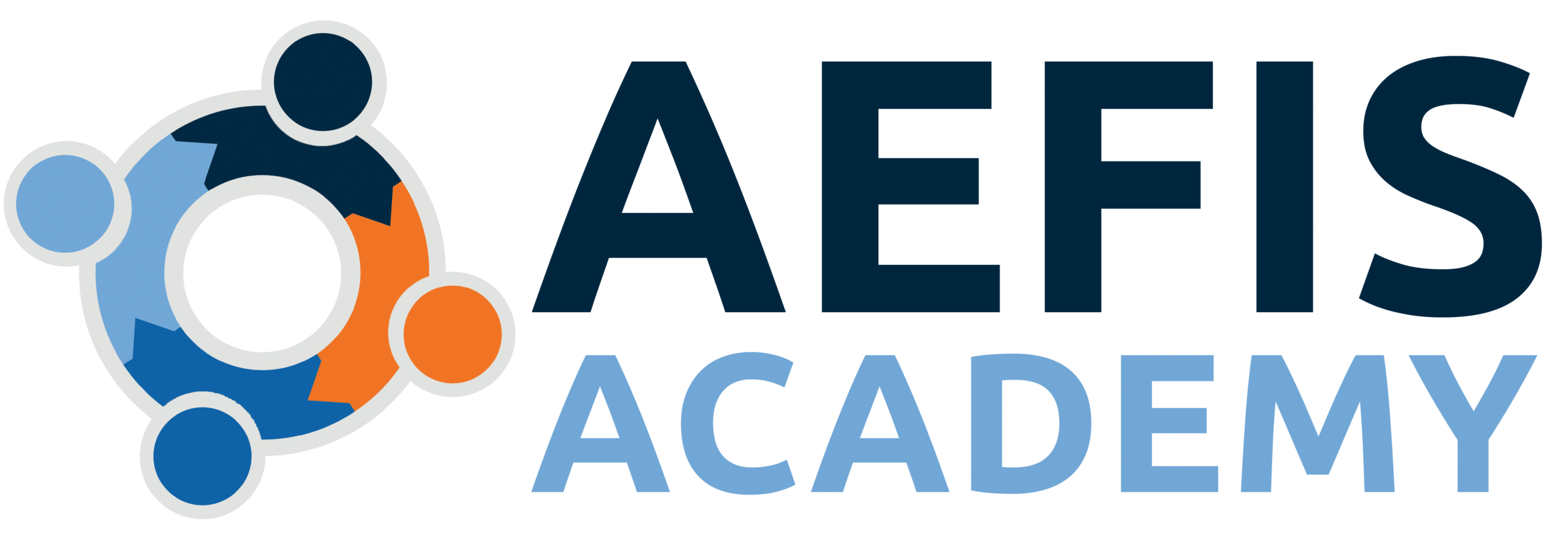


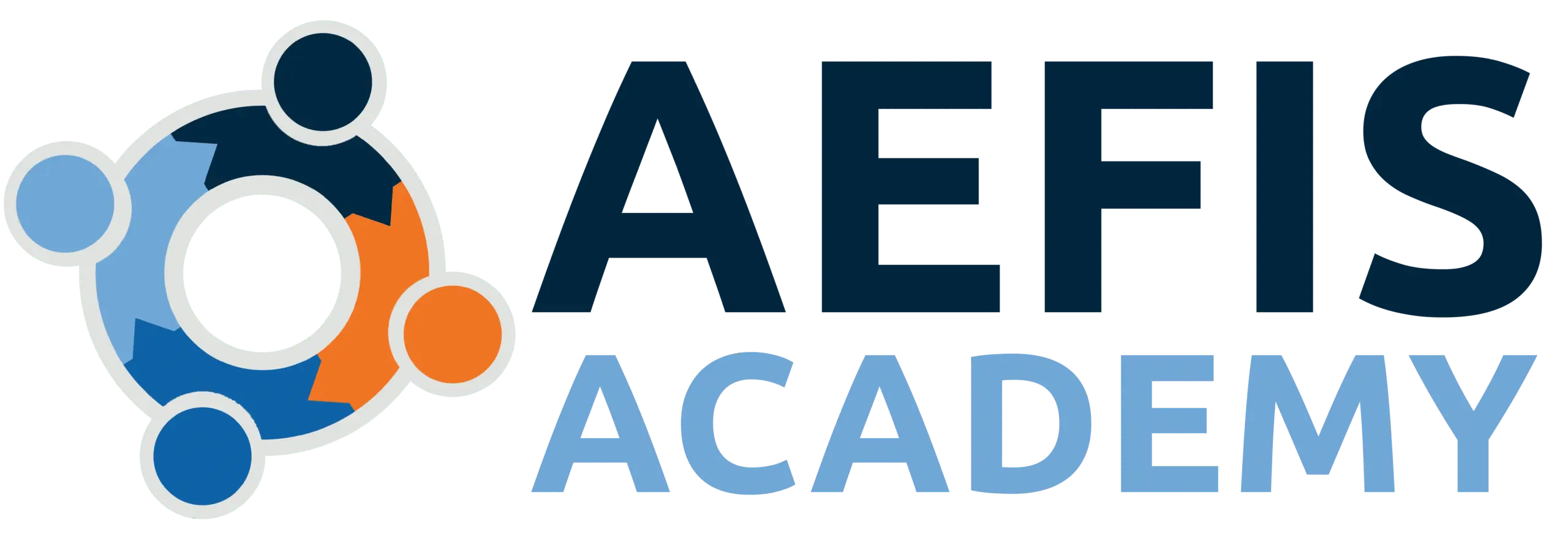
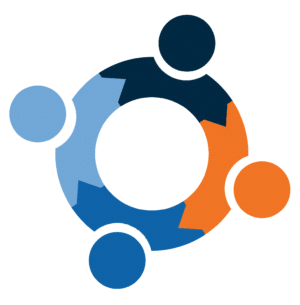
Discussion
Join the conversation, contribute, ask questions, and explore with everyone! It’s Your Community!